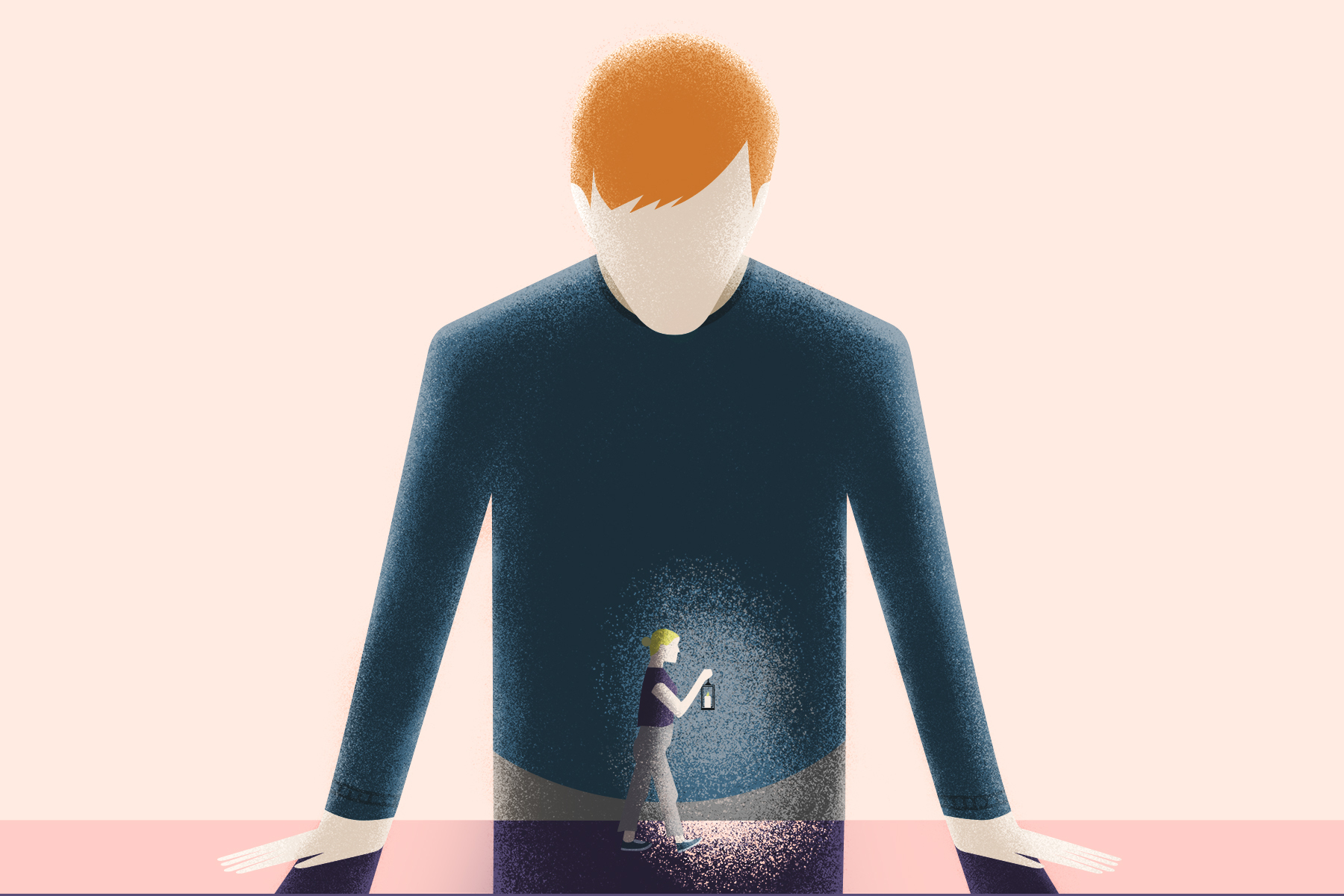Trigger warning: mentions of emotional abuse. Please take care of yourself.
Hi! My name’s Emily, and six and a half months ago I got out of an emotionally abusive romantic relationship. It’s taken me a few months to even admit that to myself, but it feels good to say it aloud (or on the page, in this instance).
What is emotional abuse? Psychology Today defines it as “a pattern of behavior in which the perpetrator insults, humiliates and generally instills fear in an individual in order to control them. The individual’s reality may become distorted as they internalize the abuse as their own failings.”
It’s okay if you struggle to admit to yourself that you were abused. It was an uphill battle for me because I had to come to terms with the fact that someone I loved deeply, was in love with and saw a future with, would hurt me in this way. It can be incredibly difficult to accept.
Emotional abuse doesn’t have to be from a romantic partner. It can come from a friend, a parent or someone in your professional life. Warning signs include monitoring/controlling your behavior, threats to you or those you love, isolating you from those who care for you, extreme jealousy, constant criticism, ridicule and even making their love/acceptance of you conditional.
None of these behaviors are normal in any relationship. If these are happening to you, you may be in an emotionally abusive situation. I’m sorry for that. I know how hard it can be to deal with, which is why I’d like to offer resources and coping mechanisms for those in emotionally abusive relationships or those moving on from emotional abuse.
First and foremost, I want to remind you that it’s not your fault. It’s not your fault. You’ve done nothing wrong. The way you are being treated is wrong, but you have done nothing to deserve it. That being said, let’s move on to how to manage the feelings you may be dealing with.
Therapy/Counseling
Therapy is a wonderful resource for you, regardless of whether you are in an emotionally abusive relationship or seeking to move on from one. Trained professionals offer incredible coping techniques and resources if you are struggling. Personally, therapy has been an amazing experience in helping me love myself again and come to terms with my experience.
Therapy can be expensive, and insurance is a nightmare in the United States. If you struggle to afford therapy or finding a therapist who accepts your insurance, Psychology Today offers resources to find therapists with your insurance, and Bustle has an article about how to find therapy if it’s outside of your budget.
Reach Out to Those Who Love You
Reach out to friends, family and/or trusted people in your life whom you expect to listen to and acknowledge your feelings. Sometimes all it takes is someone to listen to you — to validate and affirm your thoughts — to help you feel better, even if only for a moment. It can be important to open up to those around you, to let them further understand what you’ve been through and your triggers if you have any. That way, they can better support you if they have a full awareness of what you’re dealing with.
Journaling
Write down what you’re feeling. Writing things down gives me a greater sense of clarity, or at least a sense of catharsis. To write my feelings, give them life and read them over, helps me understand myself in a way I cannot when I remain trapped in my mind. It can also serve as a calendar of your healing. You can look back on how you were feeling in the past and feel a sense of accomplishment in how far you’ve come.
Deal-Feel-Heal-Seal
This is a healing technique my therapist recommended to me. It takes a long time, and I’m not all the way through it. But it does pay off. It’s four steps: deal, feel, heal, seal. Deal means coming to terms with what you’ve been through and creating a narrative in your head, that you accept, about what has happened to you.
Feel means allowing yourself to fully feel and acknowledge all the emotions related to your trauma. It can be incredibly overwhelming, so it’s very important to practice self-care during this step. You don’t have to handle every emotion all at once. Give yourself the time and space to feel everything, however long it takes, to experience your feelings regardless of how deeply buried they may be.
Heal is the hard step. For me, healing has meant acknowledging the pain I feel as a step in my growth. I’m a different person now than I was, and that’s okay. I’ve grown. It can be incredibly difficult to derive meaning from painful experiences, but it is a good way forward. It acknowledges that we did not go through this for nothing, but that we gained something from this harrowing portion of our lives. Maybe we’re more compassionate, understanding or empathetic to those around us.
Seal is the final step. Your mind is like a filing cabinet. When you’ve finished the three previous steps, the file of your trauma — at least in this specific emotionally abusive situation — is organized and ready to be filed away for now. It’s okay if you need to unseal it at any point, but now you’re ready to file it away.
At the end of the day, please remember you are loved and cared for. The people in your life love you and I love you. I know how you are feeling, and I promise you it will get better. You are strong and capable of more than you know.

















